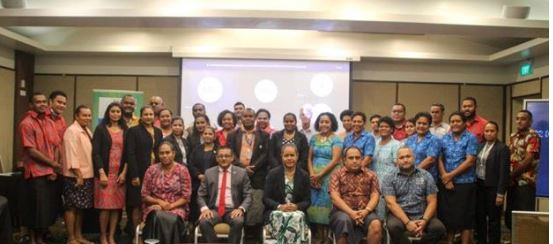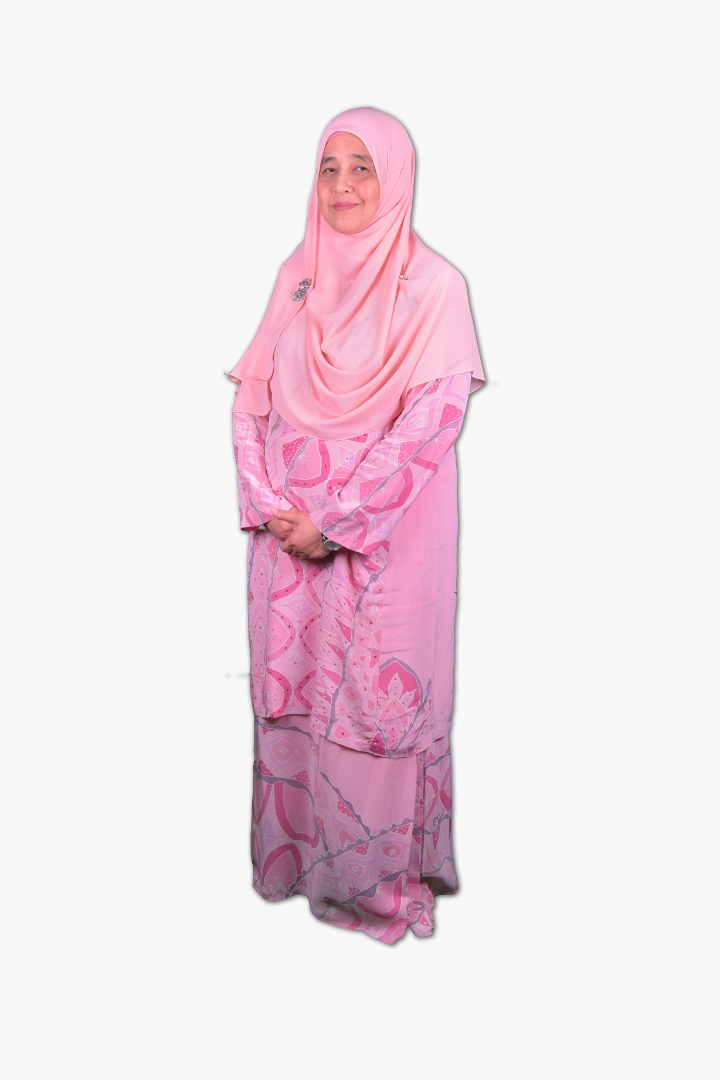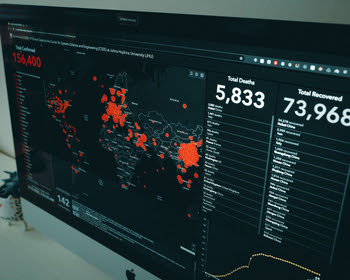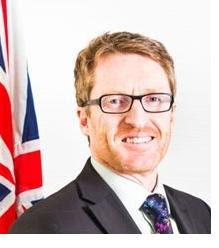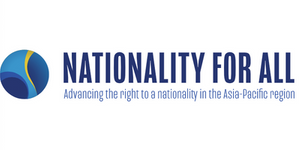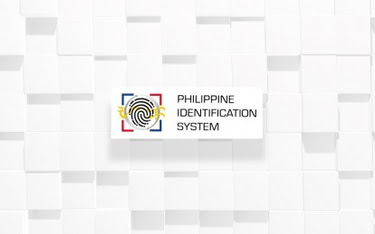(Newsletter: CRVS Insight February 2022)
Well-functioning civil registration and vital statistics (CRVS) help ensure that every person has a legal identity. However, many countries experience lower civil registration completeness rates among hard-to-reach populations and people in vulnerable situations. Knowing who is left behind is critical to address disparities in civil registration and ensure inclusive systems.
ESCAP is currently providing technical support and capacity strengthening to a number of national statistical offices and other relevant national stakeholders to facilitate the assessment of inequalities related to civil registration using secondary data sources. This involves building capacity for demographic analysis as well as fostering dialogue with policymakers to ensure the results are used for policy formulation. Currently, ESCAP is planning to support inequality assessment in five countries, namely, Bangladesh, Fiji, Lao PDR, Pakistan and Samoa.
Fiji was the first country to organize an inception workshop to kick off the project. The workshop was held on 28 January 2022 and introduced the project to officials from the Fiji Bureau of Statistics, key line ministries and UN agencies. During the workshop, they actively exchanged views and experiences on how to move forward with the project. The project will focus on topics related to the improvement of data sharing and the quality of existing data, capacity building to government staff to make the inequality assessment sustainable, and mechanisms needed to complete it.
For more information on the project and workshop, please follow Implementing Inequality Assessments and Strengthening Demographic Analysis Capacity.


